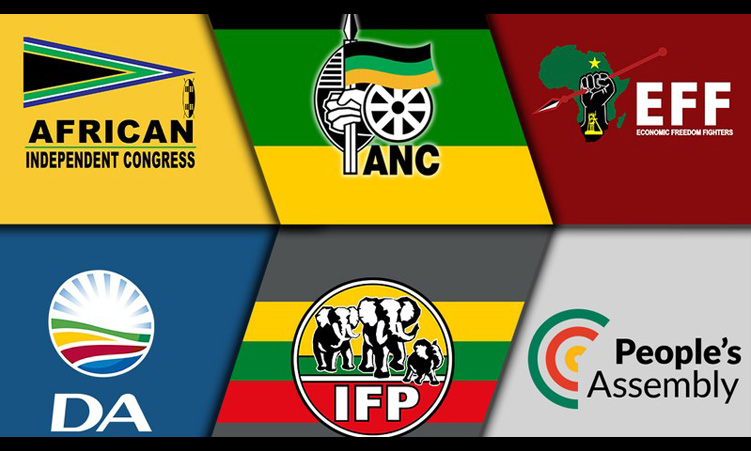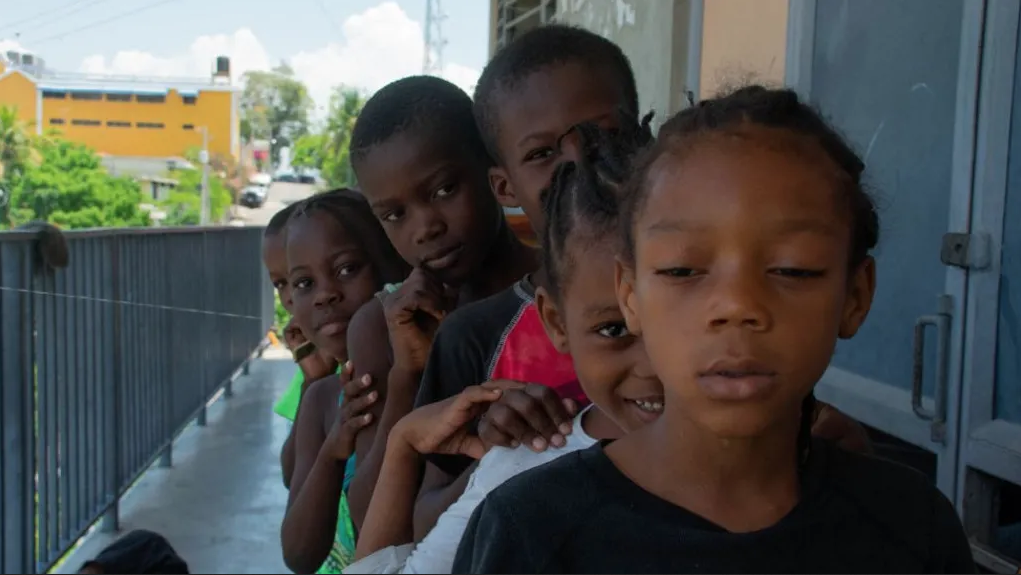Namibia’s local and regional elections held in November 2020 birthed a new reality of coalition-based decision-making in local governments – particularly in key areas such as Windhoek, Swakopmund, Walvis Bay, Rehoboth and Okahandja.
The national elections due next year will test the extent of the declining dominance of the governing Swapo.
There is consenus among the majority of the country’s electorate that while Swapo may still be the political formation to beat, it could fail to secure 50% of the vote required to form a government.
Should no other party meet the required threshold, the reality of a coalition government now seems more attainable than ever before.
However, if the blueprint of the current status of some coalition-led local authorities are anything to go by, we may be in for a rocky ride.
Accordingly, we ought to learn from the challenges facing both domestic local government coalitions and those of neighbouring South Africa.
While we certainly have a number of challenges facing our local authorities, it is nothing compared to those in South Africa.
Johannesburg alone has gone through six distinct periods of municipal administration since November 2019.
As a result, decision-making has stagnated, accountability has grown murky, and the provision of fundamental services has been degraded.
Apply this on a larger scale and the picture suddenly becomes morbid and gloomy.
We ought to learn from these mistakes and ensure there are mechanisms in place before heading to the polls next year.
It is no secret that it is difficult to regulate a political process, such as coalition formation.
Acton and Desai (2023) argue that a favourable political environment that emphasises interparty collaboration and an institutional structure that boosts stability and transparency are two factors that increase coalition effectiveness.
At local level, their absence has left coalition politics vulnerable to the whims of individual parties.
Coalitions succeed when party differences in ideology are at a minimum.
Secondly, it can prove difficult to build strong coalitions in countries that are de facto one-party states.
This leads to a third factor: fragmented opposition parties.
These make it hard to build strong coalitions.
Local government coalitions in SA have been contentious alliances without a common programme, while smaller parties have increasingly adopted ‘kingmaker’ roles.
The country’s dominant party legacy has prevented the forging of a competitive party system.
The head of state ought to consider convening a special panel of independent experts to assess the limitations of coalitions in Namibia to strengthen their effectiveness.
By suggesting a suitable combination of remedies, the panel can help create a pathway toward a system capable of delivering for its citizens.
This would not be an improbable concept as the president is constitutionally empowered to appoint commissions of inquiry.
President Hage Geingob recently appointed a commission of inquiry into the claims of ancestral land rights and restitution in fulfilment of one of the resolutions of the second land conference.
Underpinning the success of these institutions and processes is the second determining factor – the values of political elites.
The history of successful coalitions in Germany and Denmark, for example, shows that political culture and the values of party leaders matter.
This culture needs to include an inclination for deliberation and mediation. Added to these is willingness to prioritise collective interests.
Additionally, the strength of surrounding institutions is important.
The possibility of coalitions at all levels of government is a complex issue.
It compels an analysis of our regulatory frameworks applicable to coalition oversight and accountability mechanisms.
In this new era of coalition politics, it’s essential to maintain an equilibrium between the flexibility for parties to take the helm in a primarily political domain and the legal and institutional structures that support a stable, accountable, and transparent leadership.
Institutions and public trust in such institutions are both necessary for democracy to exist.
Roberto Dirkse
Stay informed with The Namibian – your source for credible journalism. Get in-depth reporting and opinions for
only N$85 a month. Invest in journalism, invest in democracy –
Subscribe Now!






